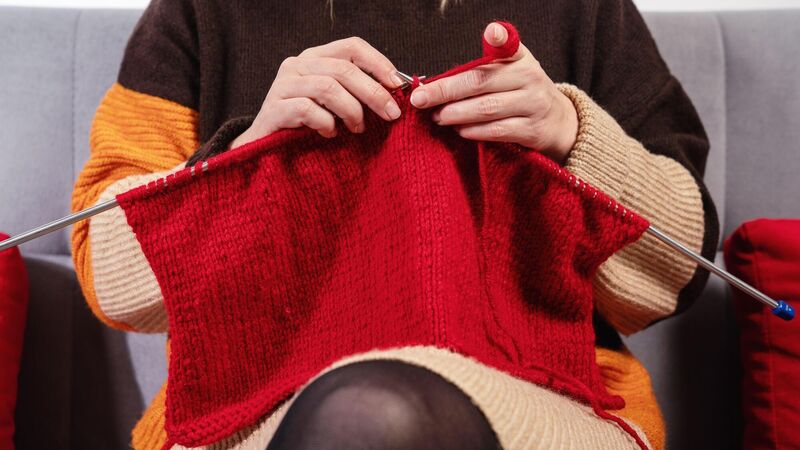Letters to the Editor: Knits stitch Irish heritage and modern life together

With darling scarves I developed a successful creative outlet and a means to pay my rent. Most importantly, I found belonging through a community of local artisans.
Growing up in the United States, the daughter of an Irish immigrant, Aran sweaters have been a staple of my wardrobe since birth. Warren’s article made me nostalgic for the evolving role woolly jumpers have played throughout my life.








